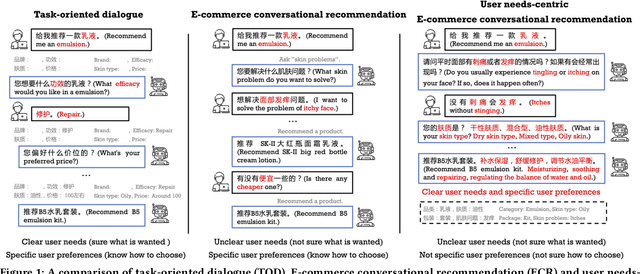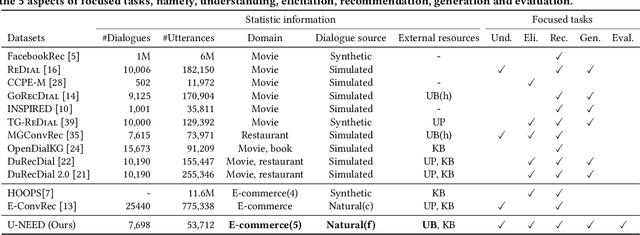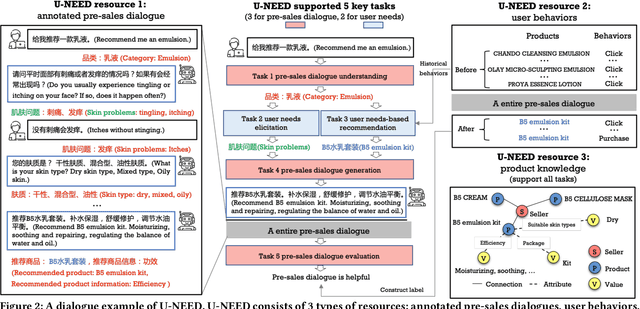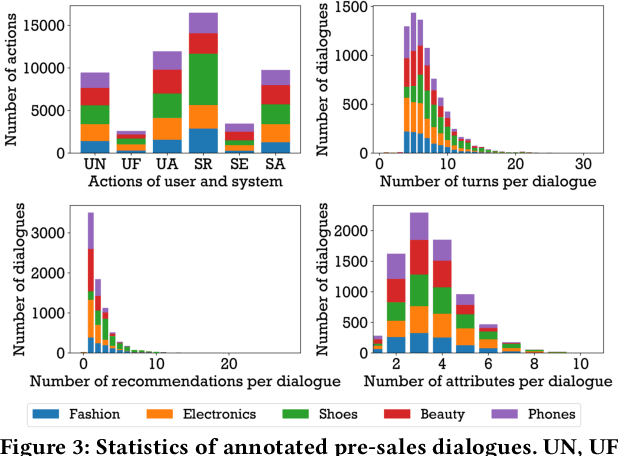Baohua Dong
SERL: Self-Examining Reinforcement Learning on Open-Domain
Nov 18, 2025Abstract:Reinforcement Learning (RL) has been shown to improve the capabilities of large language models (LLMs). However, applying RL to open-domain tasks faces two key challenges: (1) the inherent subjectivity of these tasks prevents the verifiable rewards as required by Reinforcement Learning with Verifiable Rewards (RLVR); (2) Reinforcement Learning from Human Feedback (RLHF) relies on external reward mechanisms. To overcome these limitations, we propose Self-Examining Reinforcement Learning (SERL), a novel self-improving framework where the LLM serves as both Actor and Judge. SERL introduces two synergistic reward mechanisms without any external signals. On the one hand, to improve the Actor's capability, we derive rewards from Copeland-style pairwise comparison judgments across a group of generated responses. On the other hand, a self-consistency reward that encourages coherent judgments is proposed to improve the Judge's reliability. This process refines the Judge's capability, which in turn provides a more robust reward for Actor. Experiments show that our method outperforms existing self-improvement training methods. SERL improves the LC win rate of Qwen3-8B on AlpacaEval 2 from 52.37% to 59.90%. To the best of our knowledge, our method achieves state-of-the-art performance among self-improving approaches. Furthermore, it achieves a performance comparable to significantly larger models like Qwen3-32B, demonstrating superior effectiveness and robustness on open-domain tasks.
Conifer: Improving Complex Constrained Instruction-Following Ability of Large Language Models
Apr 03, 2024Abstract:The ability of large language models (LLMs) to follow instructions is crucial to real-world applications. Despite recent advances, several studies have highlighted that LLMs struggle when faced with challenging instructions, especially those that include complex constraints, hindering their effectiveness in various tasks. To address this challenge, we introduce Conifer, a novel instruction tuning dataset, designed to enhance LLMs to follow multi-level instructions with complex constraints. Utilizing GPT-4, we curate the dataset by a series of LLM-driven refinement processes to ensure high quality. We also propose a progressive learning scheme that emphasizes an easy-to-hard progression, and learning from process feedback. Models trained with Conifer exhibit remarkable improvements in instruction-following abilities, especially for instructions with complex constraints. On several instruction-following benchmarks, our 7B model outperforms the state-of-the-art open-source 7B models, even exceeds the performance of models 10 times larger on certain metrics. All the code and Conifer dataset are available at https://www.github.com/ConiferLM/Conifer.
U-NEED: A Fine-grained Dataset for User Needs-Centric E-commerce Conversational Recommendation
May 05, 2023



Abstract:Conversational recommender systems (CRSs) aim to understand the information needs and preferences expressed in a dialogue to recommend suitable items to the user. Most of the existing conversational recommendation datasets are synthesized or simulated with crowdsourcing, which has a large gap with real-world scenarios. To bridge the gap, previous work contributes a dataset E-ConvRec, based on pre-sales dialogues between users and customer service staff in E-commerce scenarios. However, E-ConvRec only supplies coarse-grained annotations and general tasks for making recommendations in pre-sales dialogues. Different from that, we use real user needs as a clue to explore the E-commerce conversational recommendation in complex pre-sales dialogues, namely user needs-centric E-commerce conversational recommendation (UNECR). In this paper, we construct a user needs-centric E-commerce conversational recommendation dataset (U-NEED) from real-world E-commerce scenarios. U-NEED consists of 3 types of resources: (i) 7,698 fine-grained annotated pre-sales dialogues in 5 top categories (ii) 333,879 user behaviors and (iii) 332,148 product knowledge tuples. To facilitate the research of UNECR, we propose 5 critical tasks: (i) pre-sales dialogue understanding (ii) user needs elicitation (iii) user needs-based recommendation (iv) pre-sales dialogue generation and (v) pre-sales dialogue evaluation. We establish baseline methods and evaluation metrics for each task. We report experimental results of 5 tasks on U-NEED. We also report results in 3 typical categories. Experimental results indicate that the challenges of UNECR in various categories are different.
HIE-SQL: History Information Enhanced Network for Context-Dependent Text-to-SQL Semantic Parsing
Apr 02, 2022



Abstract:Recently, context-dependent text-to-SQL semantic parsing which translates natural language into SQL in an interaction process has attracted a lot of attention. Previous works leverage context-dependence information either from interaction history utterances or the previous predicted SQL queries but fail in taking advantage of both since of the mismatch between natural language and logic-form SQL. In this work, we propose a History Information Enhanced text-to-SQL model (HIE-SQL) to exploit context-dependence information from both history utterances and the last predicted SQL query. In view of the mismatch, we treat natural language and SQL as two modalities and propose a bimodal pre-trained model to bridge the gap between them. Besides, we design a schema-linking graph to enhance connections from utterances and the SQL query to the database schema. We show our history information enhanced methods improve the performance of HIE-SQL by a significant margin, which achieves new state-of-the-art results on the two context-dependent text-to-SQL benchmarks, the SparC and CoSQL datasets, at the writing time.
 Add to Chrome
Add to Chrome Add to Firefox
Add to Firefox Add to Edge
Add to Edge